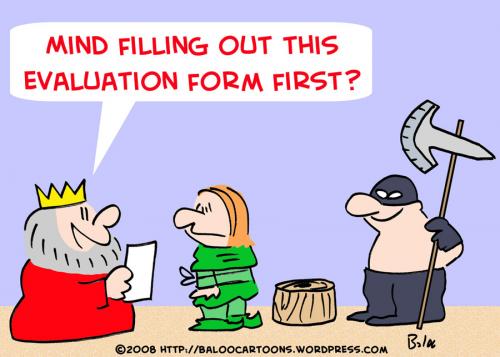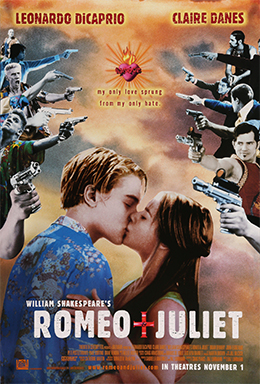Quality of Posts: She makes great posts, and they all seem to have good substance. Some of her posts are longer and full of text, and others have nice pictures, videos, or other supplementary stuff that keeps her blog interesting, engaging, and educational. She posts frequently, and she is able to make the posts beneficial and meaningful, which is hard to do.
A Strength: Joanna has maintained great focus on her learning objectives. She labels her posts, and keeps an organized list of all the labels and how many blog posts include each label. I think it is also helpful that she has her most popular posts displayed on her blog; it's a quick and easy way to find a few of the most interesting or commented-on posts. Good stuff!
An Improvement: The only suggestions I have for improvement are these: replying to others' comments and including links to outside articles. Joanna does reply to many peer comments on her posts, but there are many other comments that she could reply to and engage in nice conversation that could lead to more learning. Also, some posts don't link to much outside information. It's hard to find improvements, though, because the blog is great! Nicely done.



